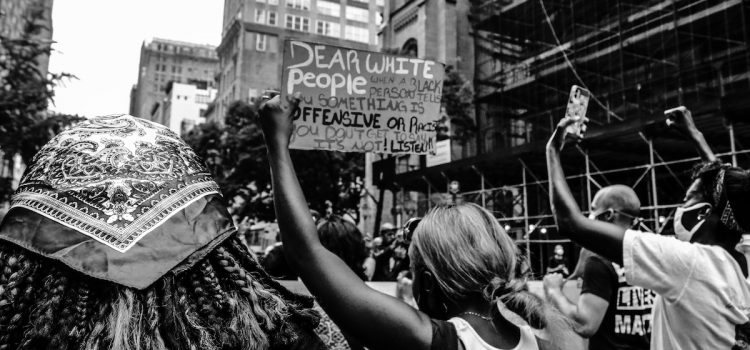Is wokeness bad? Does it harm society or have the potential to do so? Douglas Murray has a definite response to those questions. He believes that wokeness is hard to challenge without suffering public ridicule and shaming, which is part of the problem. But, we must fight this ideology, or our society could become even more fragmented, chaotic, and conceivably violent. Continue reading to learn why Murray believes wokeness is bad for society.
Is Wokeness Bad? Douglas Murray Counts the Ways










